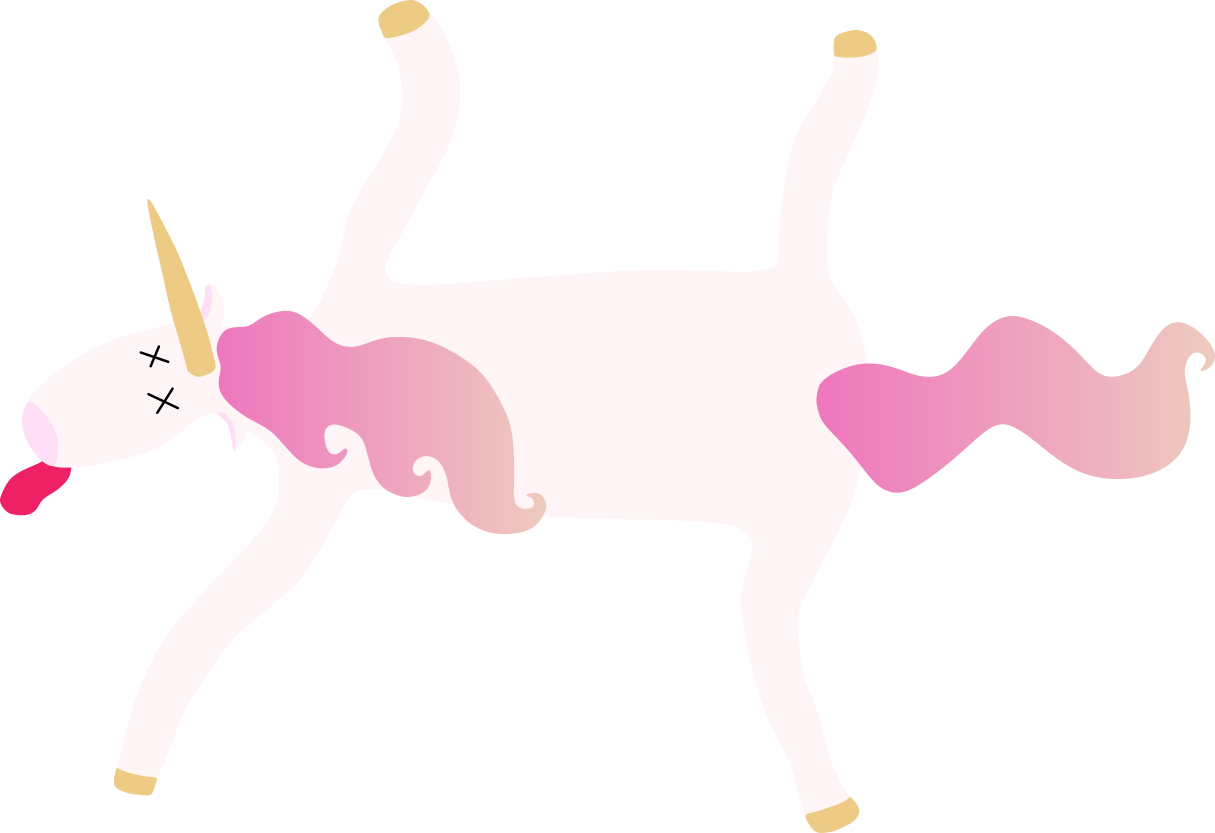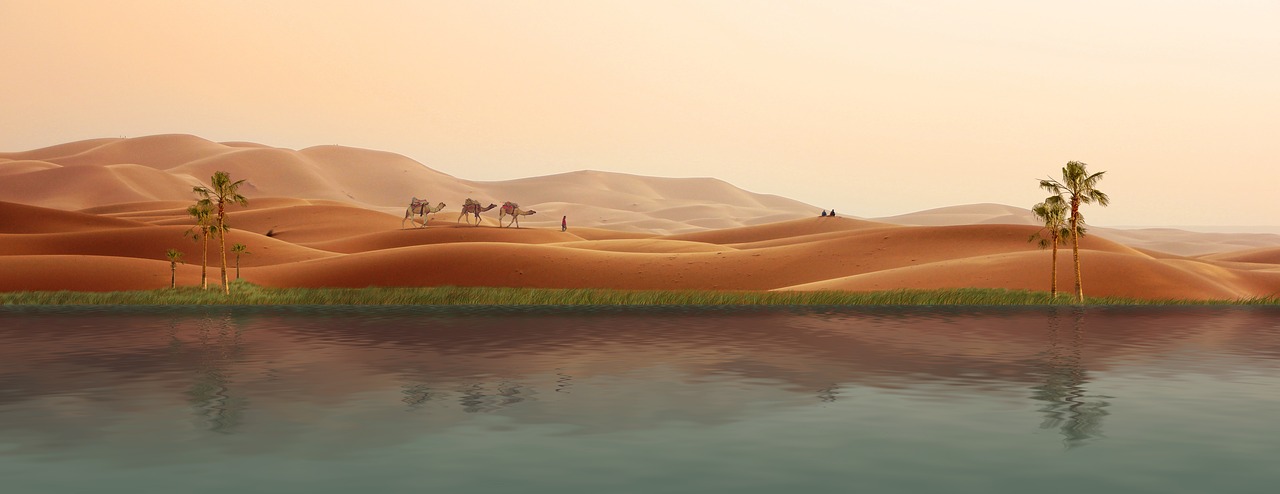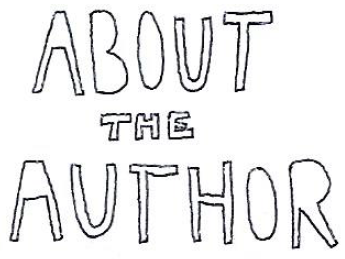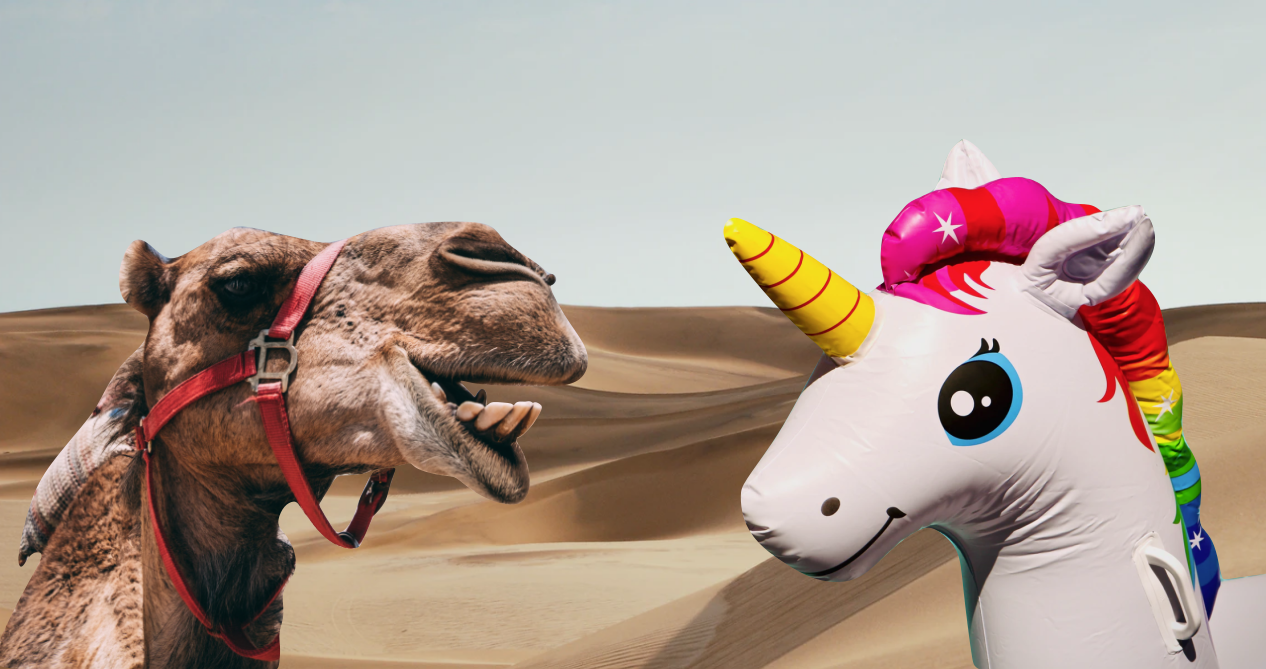There is a new vernacular being used in the halls of the Silicon Valley Venture Capitalists; it’s a ‘dialect’ that speaks of “Camels” and “Unicorns”.
Apparently, in the new, post-COVID-19 world, these Camels are rare beasts indeed. They are the antithesis of the Holy Grail that the money men seek; the elusive and extremely rare Unicorns.
Unicorns, of course, are pretty, mythical, magical creatures. In the Venture Capital world, magical means “makes a lot of money”. Unicorns have been hunted aggressively for the last decade by the money men and women.
The Camel is not at all pretty, it’s not magical either. However, it is dependable, durable, and has stamina. Plus, camels are pretty smart as well.
The Venture Capitalists definition of a Camel is: a “business that can survive long, hazardous journeys“.
As we look to emerge from the wreckage of the COVID-19 Pandemic, apparently the new requirement is for a business is to be robust and adaptable, not frail and new. It needs to be able to survive on self-sustaining revenues or cash reserves, rather than cheap money.
On the other hand, Unicorns like WeWork, Uber, and Airbnb – once lauded as examples of success – are not looking so healthy right now. Without further substantial financial support, they may in fact end up as “Unicorpses”.

The appetite for VCs and Private Equity companies to continue to pour money into Unicorns, or any unsustainable business, is ebbing. Banks will not open up lines of credit.
What does this mean?
It’s simple, really. Companies either learn to adapt to this new landscape, or they die, making way for more sustainable competitors
Companies either learn to adapt to this new landscape, or they die, making way for more sustainable competitors.
Many years ago, I used to advise emerging Technology business leaders here in New Zealand. Part of the discussion was around the three inalienable truths relating to a business.
The first truth was, “do you have a business?” By that, I meant “do you have a product that someone wants to buy?”
The second truth was, “is the business sustainable?” In other words, “can you sell enough product to pay your bills?”
The third truth was, “can you grow the business?” Ergo, “does your business scale out globally?”
Let’s look at ActiveDocs. We have been in business since 1992 – that’s 28 years. We are private, we are not funded by VCs or Private Equity companies, we have no debt, we are self-sustainable, and on average, we have grown 10% per annum over the last 17 years.
Most importantly, we have large capital reserves. This means we can weather economic downturns. As with the GFC, we can emerge relatively unscathed when these end – and these events always end.
We have large capital reserves. This means we can weather economic downturns.
However, I am not here to talk about ActiveDocs. Instead, I would like to focus on the mind-set and management doctrine required to build a Camel business.
When I started my current position in 2003, I set about on a simple plan: build a cash reserve that equals three months of operating cost. Since then, we have exceeded this goal many times. My rationale was that as CEO, any decision you take in terms of costs or strategy takes about three months to take effect.
By this I mean, if I make a change today, the full impact of that change will become evident in three months.
The second part of the plan was to be decisive. Trust your instincts, and take hard decisions quickly. Do not second-guess yourself, and always remember: running a business is not a democracy, it’s a benign dictatorship. In other words, be the boss and lead by example.
I have never chased growth at the expense of sensible and prudent cash management. I believe in serving our customers by providing both an excellent product, and excellent support and services.
Our customers want us to be successful, but they also want to know we are durable and able to survive economic downturns.
That’s why I prefer to be a Camel. They may not be as pretty as unicorns, and they may not look shiny and new… but they are a solid, dependable beast you can trust to carry you over the desert we find ourselves in.
Now, where is that oasis!


Glenn Ricketts
CEO
Glenn has over 40 years of experience in the IT sector, and has been with ActiveDocs for 15 years. He has a strong international sales, marketing, and management background.
